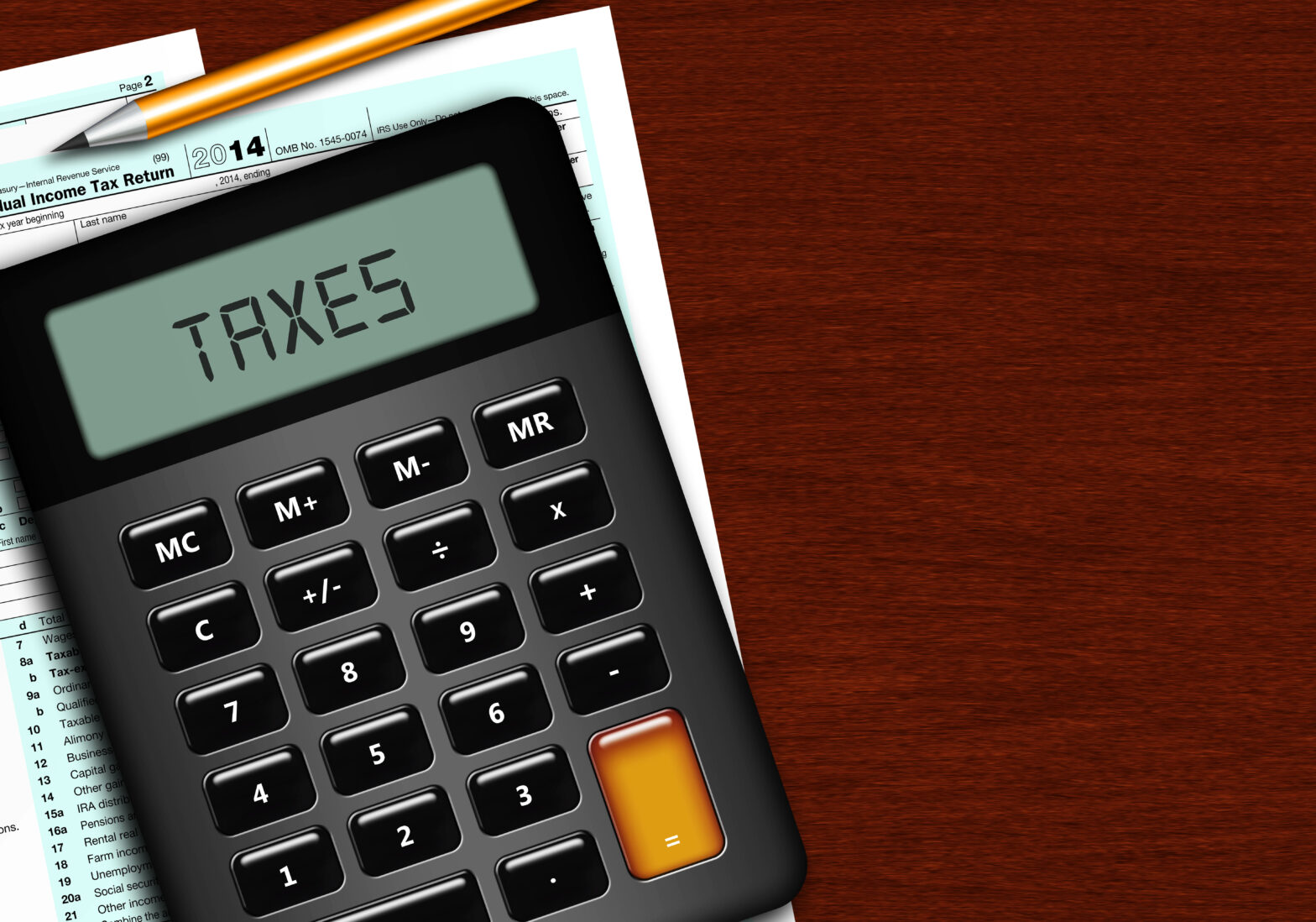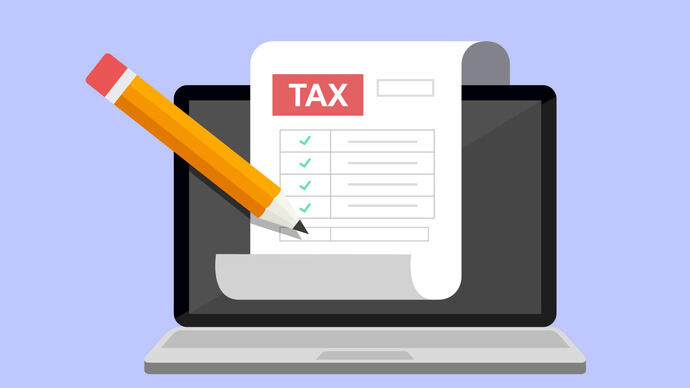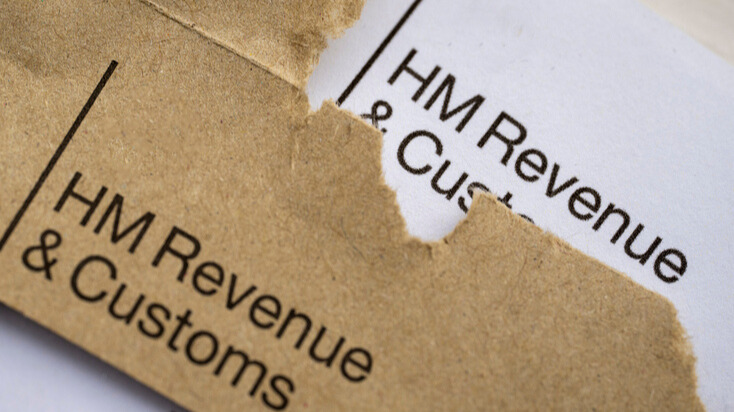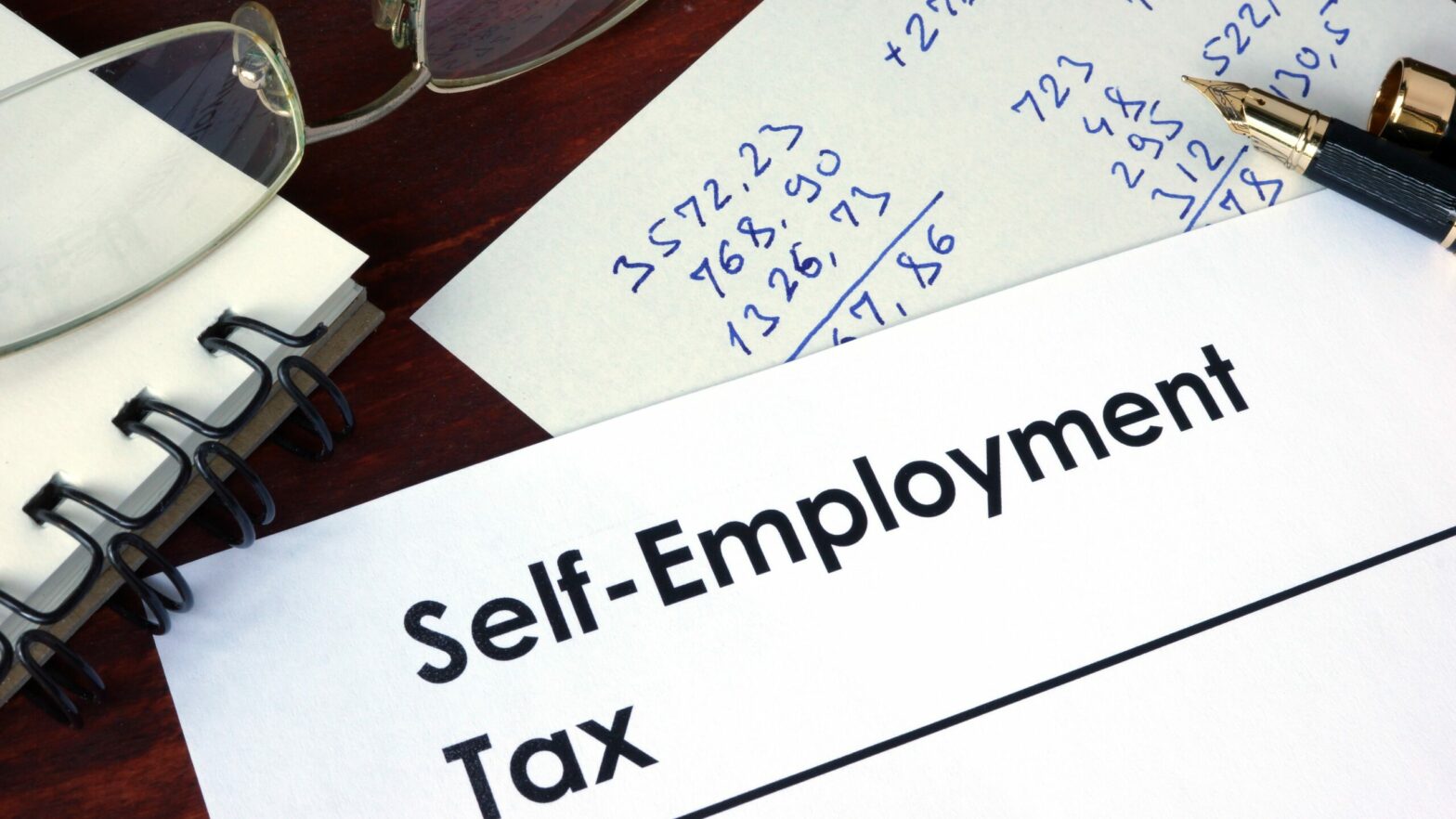Tax relief can be very useful for small business owners, helping you get money off things you may use every day in the course of running your business.
One useful tax relief business owners can claim is Annual Investment Allowance (AIA). With this, owners can deduct the full value of an item, such as a computer, where it is used solely for business purposes, from their trading profits before tax is calculated.
For business owners who need to travel for work purposes, you can claim 45p a mile for the use of your car, as long as it’s purely for business and not to go from your home to a your place of work. However, you will have to remember to keep a mileage log for proof.
Tax policy adviser at the Association of Accounting Technicians Brian Palmer says it is important to remember that you can claim tax relief for stamps or stationery purchased for business use.
‘Also, If you use your phone for business related calls, you are not on a fixed-fee arrangement, and you can show on your phone bills that those business calls have actually increased your phone usage costs, you can deduct the cost of making business calls from your pre-tax profits,’ he adds.
Tax efficiencies of being a sole trader
In certain circumstances trading initially as a sole trader is a simpler option when getting used to running a business and does not incur as many of the administrative burdens as running a limited company.
From April 2016 changes in the taxation of dividends paid by companies mean forming a limited company is not tax-efficient unless profits approaching £40,000, says Clive Lewis of the Institute of Chartered Accountants in England and Wales.
Additionally, expenses incurred as far back as seven years before trade commenced can be used. It is important that all start-up expenses are recorded and VAT receipts maintained so that the expenses can be treated and proven as valid start-up expenses incurred wholly and exclusively for the purposes of the trade.
The type of expenses includes advertising, marketing and promotion, cost of raising finance and financing, fixtures and equipment, insurance, and more.
If your business turnover is greater than £83,000 in any 12-month rolling period then VAT registration is compulsory.
Once registered it is important to consider whether the cash accounting scheme is advantageous to your business.
Acceptance to this scheme can be great for cash flow as VAT is only payable or reclaimed on payment of an invoice rather than the invoice date.
The Flat rate scheme is also there to help businesses who have a low expense base and do not reclaim much input VAT. So Flat rate VAT is popular with management consultants but unpopular with retailers or manufacturers.
Tax relief may be available for any company undertaking creative or innovative work in the fields of science, technology or video game software.
Lewis says that you must ensure you meet all compliance deadlines. ‘There are lots of opportunities for a VAT-registered business running a payroll to incur a penalty or fine during a 12-month financial period,’ he adds.
He also stresses that the golden rule is that all expenses must be incurred ‘wholly and exclusively’ for business purposes.
Tax relief on pension contributions
Thousands of people who put more into their pension during 2015/16 than they did in the previous tax year could be eligible to claim tax relief on their contribution through the self assessment tax system.
This is particularly relevant just now with the second payment on account for the 2015/16 tax year due on 31 July.
Given the so-called ‘bonus’ pension allowance, which was available for 2015/16, coupled with the impending cut in the annual pension allowance for high earners, thousands of people put more into their pension pot than they did the previous year, often using up unused relief brought forward as well as the current year’s allowances.
Tina Riches, national tax partner at Smith & Williamson says, ’Typically, the July tax payment is based on your previous year’s self assessment tax bill and so half of the previous year’s tax payment should normally be made by 31 July as your payment on account.
‘However, if you are one of the thousands of people who made a larger pension contribution in 2015/16 than you did in 2014/15, then you may be able to reduce your July tax payment.’
So, if you put in, say, an extra £10,000 (£8,000 payment with £2,000 basic rate tax credit) and you pay tax at 40 per cent, you could be eligible for £2,000 tax relief on that pension contribution. This could potentially cut your tax bill for 2015/16 by that amount.
Your total tax bill for 2015/16 will of course depend on your total income, from all sources, less any deductions and allowances. So if you are self employed, for example, and earned less in 2015/16 than you did the previous year, you may also be eligible to make a reduced July tax payment.
See also: How can my small business make the most of tax reliefs available?





